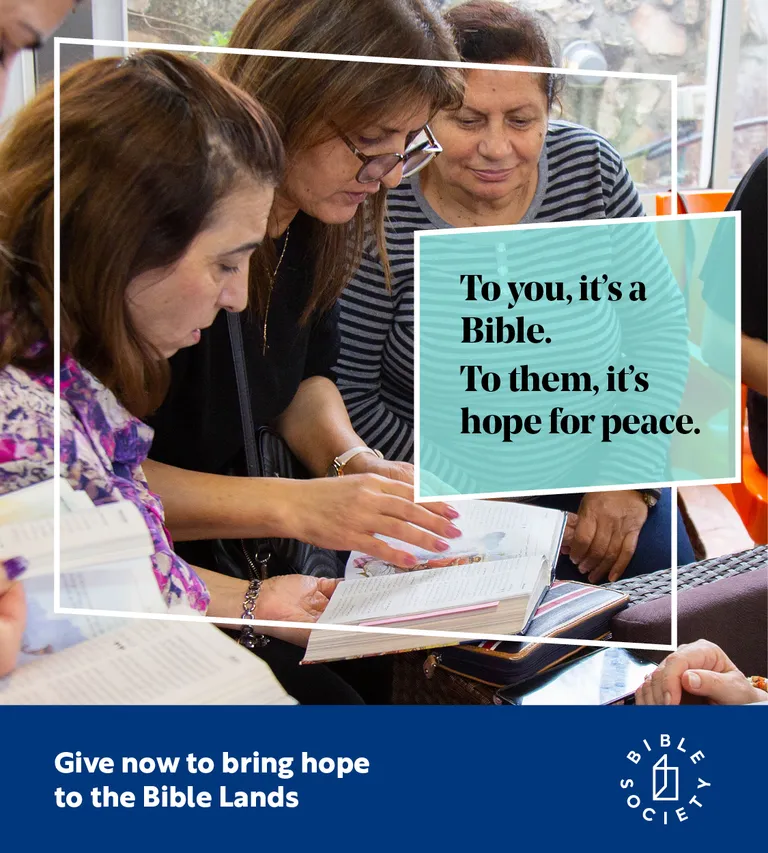I was a trainee GP sat in the living room of an elderly couple. They were in their 80s. I was 60 years their junior and equipped with the peculiar overconfidence that is the unique possession of the newly qualified. What I knew, but he didn’t, was that he had an inoperable stomach cancer. My task was to explain the diagnosis and tell him he was dying.
I was, of course, anticipating a difficult conversation. What I hadn’t expected was that, when we got to it, the word death would get physically stuck in my throat. I stammered and stuttered and, somehow, we muddled on through. Death, it turned out, was very much easier to talk about in a Bible study than with a man who was actually dying.
The d-word
Ten years as a doctor and 20 as a pastor has meant lot of d-word conversations – what lessons have I learnt? First, every situation is different. And our support of those facing death must reflect that. We’d do well to learn from Jesus. Arriving in Bethany after the death of Lazarus in John 11, Jesus meets Lazarus’s two sisters in turn. Both have faced exactly the same bereavement. And both speak exactly the same words – ‘Lord, if you had been here, my brother would not have died’. Yet Jesus’s response to each couldn’t be more different. Martha gets a little theology (John 11:23-27). Mary gets emotions and tears (John 11:33-35). Different people really do need different things and Jesus, the master-counsellor, knew that.








